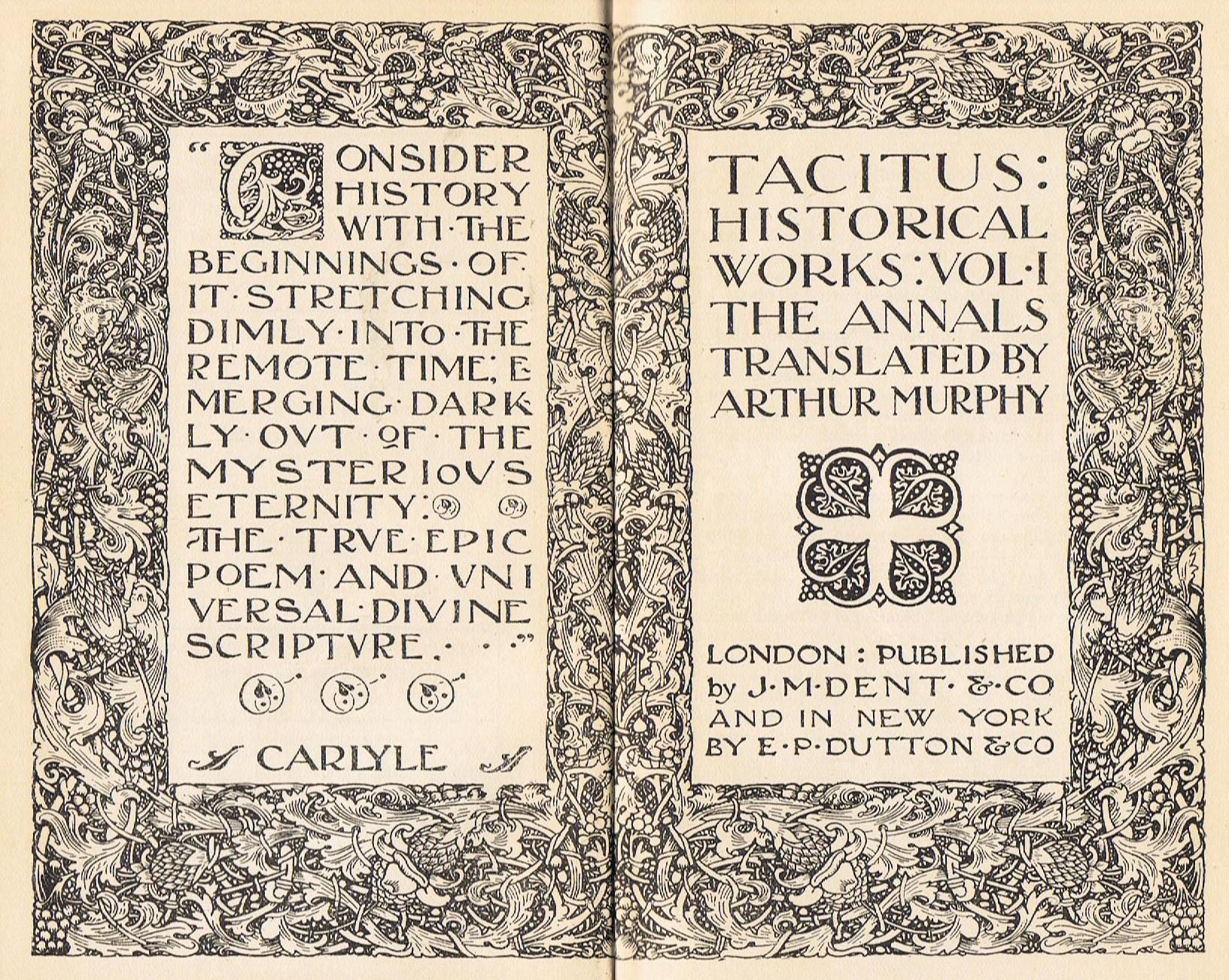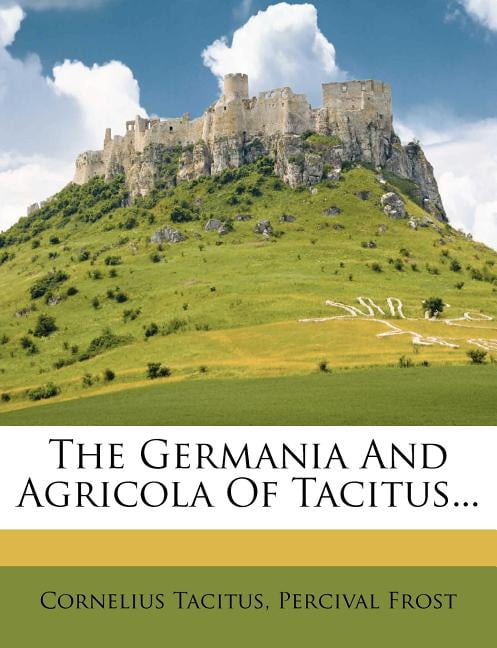

All praise and no critique.ĭoes Tacitus display an ethnographer's love for his subjects? Or does he display disdain and contempt? Tacitus' attitude goes beyond mere admiration or reproach. Though Tacitus' descriptions have not been contested by other historians - indeed, Tacitus' is the only comprehensive representation - seems one-sided. Ulterior motives abound: primarily, Agricola was Tacitus' father-in-law. "The Story of Agricola" stands however, in complete contrast to the objectivity that accompanies his descriptions of the Germanic tribes. Tacitus, instead of adopting a colonialist's attitude to the vanquished (in the expansion of the Roman Empire), used scientific means to study the Germanic tribes.


But the fact is that too many unlovely traits are reported of the Germans along with the idealization to justify making moral improvement the main end of the book." One cannot help but agree.Įven by contemporary, twentieth and post-twentieth century standards, Tacitus' paper on Germania and Cnaeus Julius Agricola would stand the test of rigorous peer review. It has been wittily remarked that no one in Tacitus is good except Agricola and the Germans. This view is justified in the degree that a strong moralizing strain runs through all Tacitus' work. Moses Hadas of Columbia University, in an introduction to the complete works of Tacitus originally written in 98 AD, sets the tone for this essay: "It is a temptation to which many have succumbed to look upon Germania as a sort of Utopia, a conscious idealization of a primitive or unspoiled people calculated to chasten and reform the decadent Romans.


 0 kommentar(er)
0 kommentar(er)
